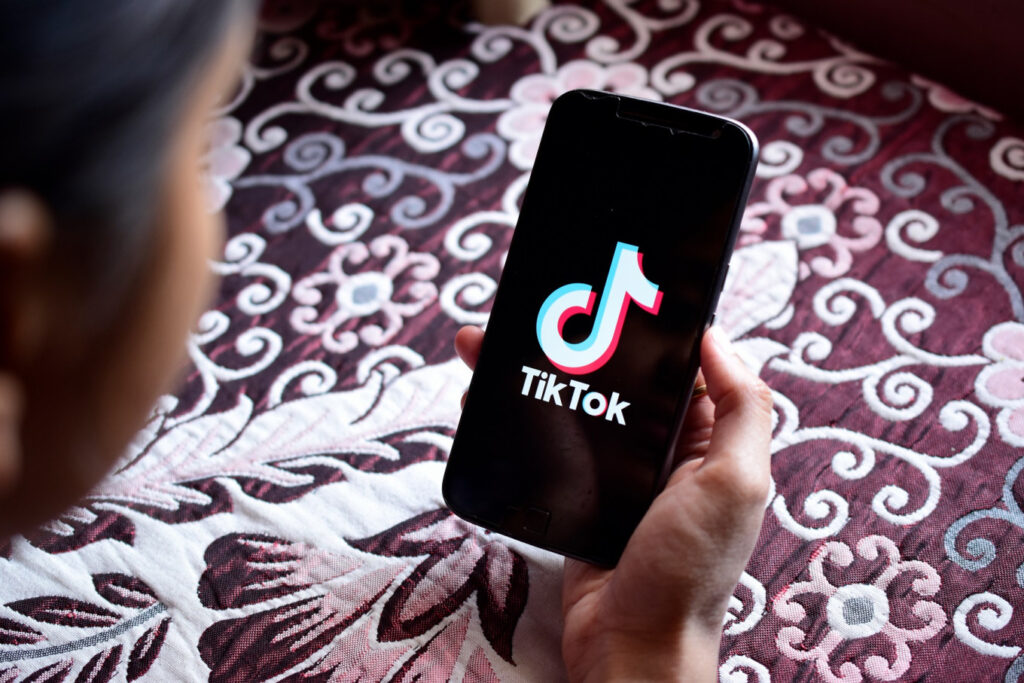In a stunning move that reignites debates over national security, technology, and free speech, U.S. lawmakers have issued warnings to Apple and Google, urging them to remove TikTok from their app stores by January 19, 2025. Why is Tiktok getting Banned?

This comes in light of President-elect Donald Trump‘s impending inauguration on January 20, 2025, as he signals his administration’s intent to take swift action against the popular Chinese-owned app.
The National Security Debate Around TikTok
TikTok, owned by Chinese tech giant ByteDance, has faced intense scrutiny in the United States over allegations that it poses risks to national security.
Concerns have centered around the app’s data collection practices and its alleged ties to the Chinese government. Lawmakers argue that TikTok could potentially share sensitive user data with Beijing, raising alarms about espionage and privacy violations.
During his first term, Trump attempted to ban TikTok in 2020, citing similar concerns. However, the effort was blocked by federal courts, and the app continued to operate under certain conditions. Now, with Trump returning to the Oval Office, his administration appears poised to revive and enforce those efforts with renewed vigor.
Lawmakers Issue Warnings to Tech Giants
The warnings to Apple and Google underline the urgency lawmakers attach to this issue. They are calling on the tech giants to proactively comply with potential executive orders or legislative measures that would enforce a TikTok ban.
“The clock is ticking,” one senior lawmaker stated. “Apple and Google must ensure that they are not platforms for apps that pose a threat to our national security.”
This demand places significant pressure on Apple and Google, both of which have consistently defended their platforms as neutral spaces for users and developers alike. However, given the rising bipartisan support for action against TikTok, resistance from the tech giants could result in legal and political battles.
The Implications for TikTok and Its Users
TikTok has over 150 million users in the United States, making it one of the country’s most popular social media platforms. A potential ban would have far-reaching implications, not just for ByteDance but also for the millions of content creators, influencers, and businesses that rely on the app for entertainment, community building, and income.
While TikTok has repeatedly denied allegations of wrongdoing and implemented measures to address security concerns—such as storing U.S. user data on servers located domestically—the assurances have not been enough to quell the concerns of lawmakers.
Trump’s Position on Big Tech and China
Trump’s stance on TikTok is part of his broader approach to U.S.-China relations and his views on regulating big tech. Throughout his campaign, Trump emphasized the need to hold China accountable for trade imbalances, intellectual property theft, and alleged threats to U.S. sovereignty. A TikTok ban aligns with his administration’s objectives of curbing Chinese influence in American tech and protecting national security.
What’s Next?
As the deadline approaches, the fate of TikTok in the U.S. remains uncertain. ByteDance could seek legal recourse to challenge any executive action or explore selling TikTok’s U.S. operations to an American company, a move that was considered during Trump’s first presidency.
For Apple and Google, compliance with the proposed ban may not only strain their relationships with ByteDance but also with millions of TikTok users who rely on their platforms. Balancing the demands of lawmakers, users, and their own corporate values will be a challenging tightrope to walk.
As Donald Trump takes office on January 20, 2025, all eyes will be on his administration’s next steps and the ripple effects they may have on the tech landscape and U.S.-China relations. Whether TikTok survives this political storm or falls victim to the crossfire remains to be seen.

Hi, this is a comment.
To get started with moderating, editing, and deleting comments, please visit the Comments screen in the dashboard.
Commenter avatars come from Gravatar.